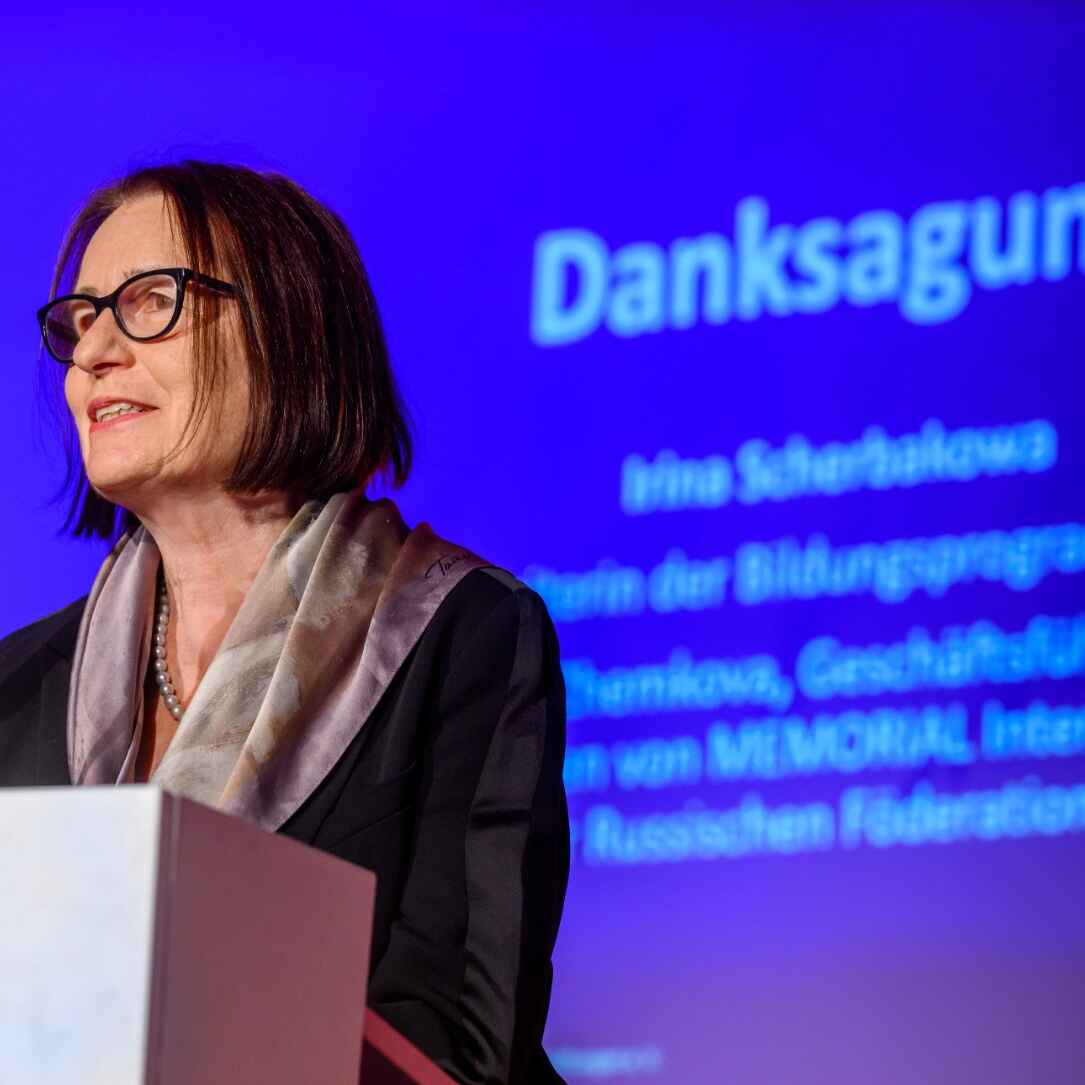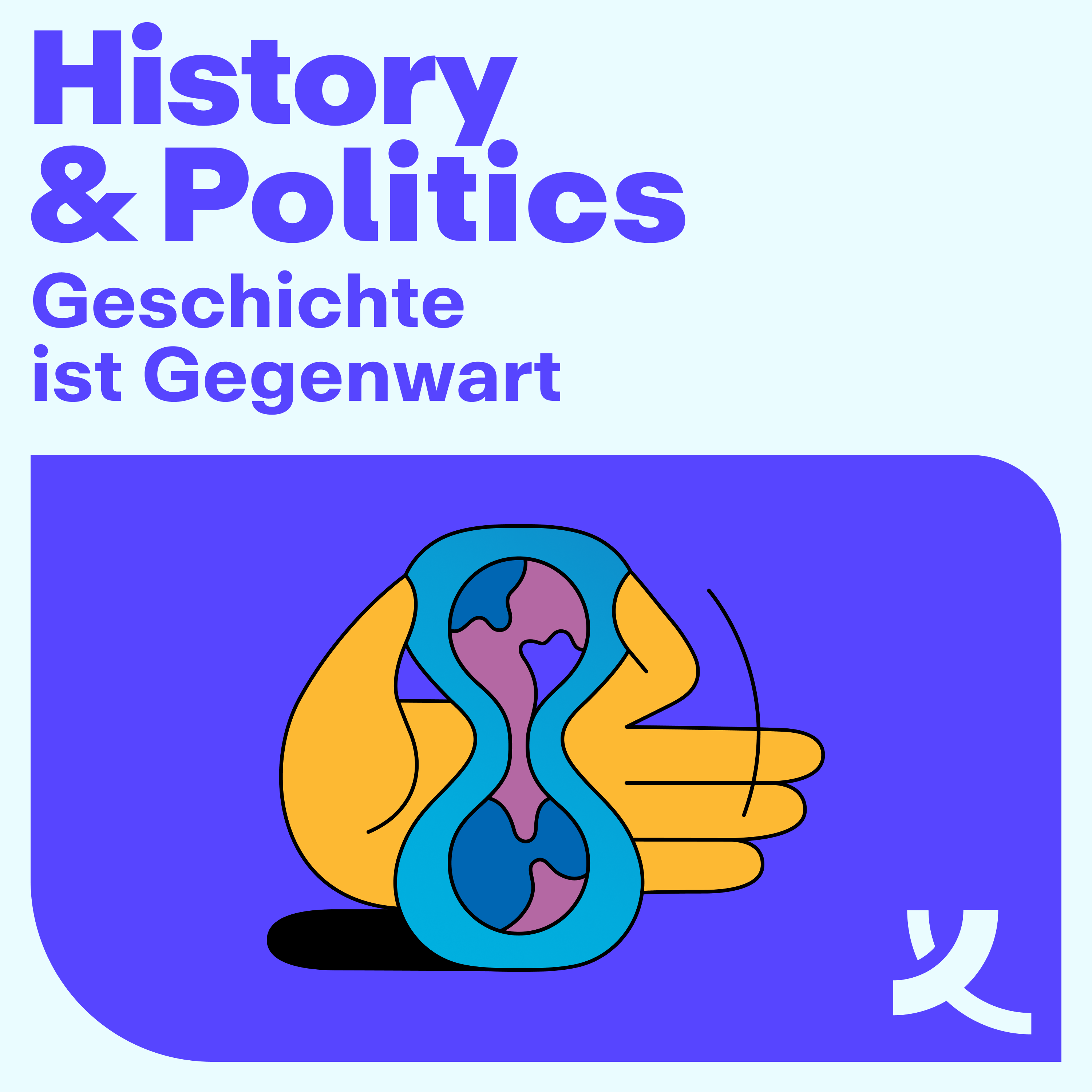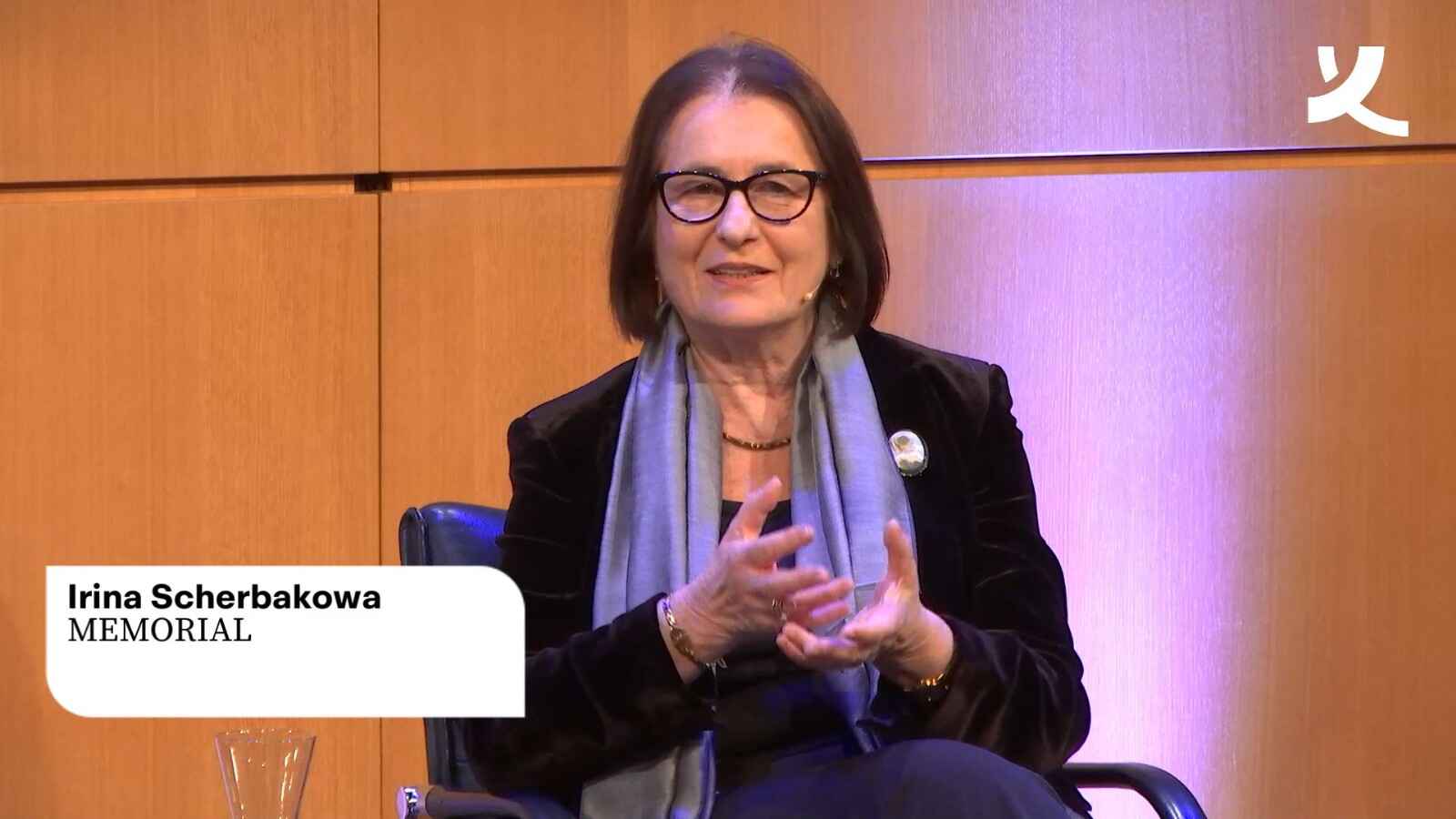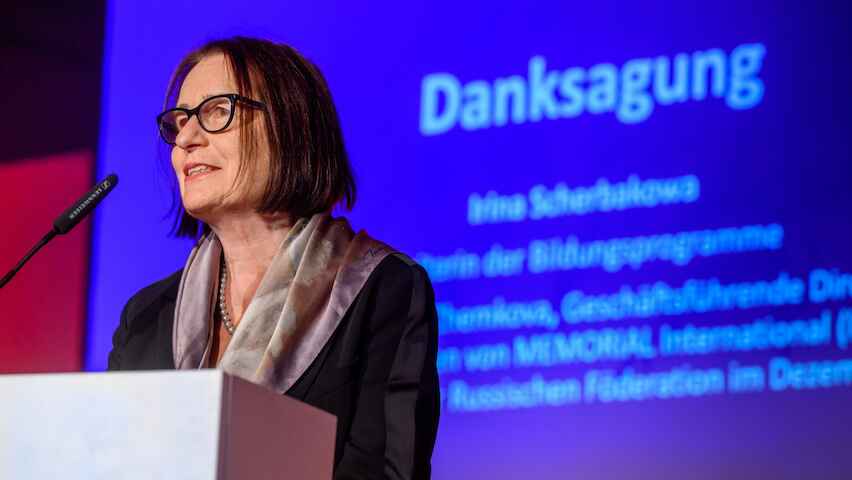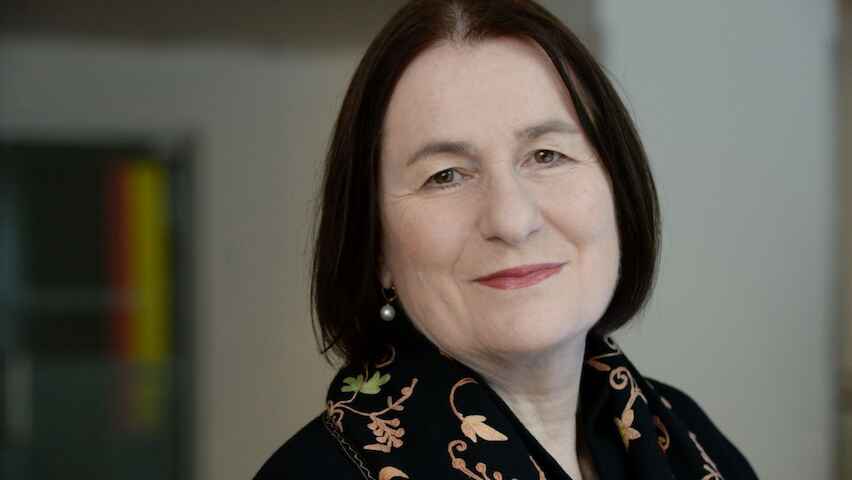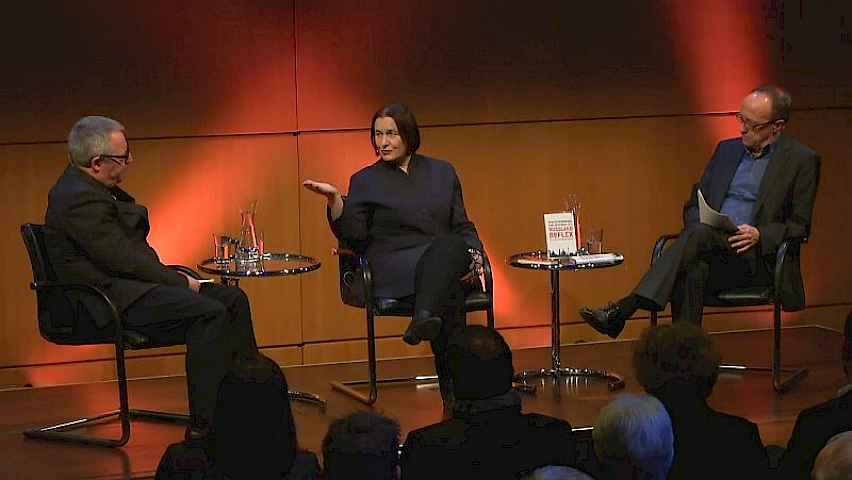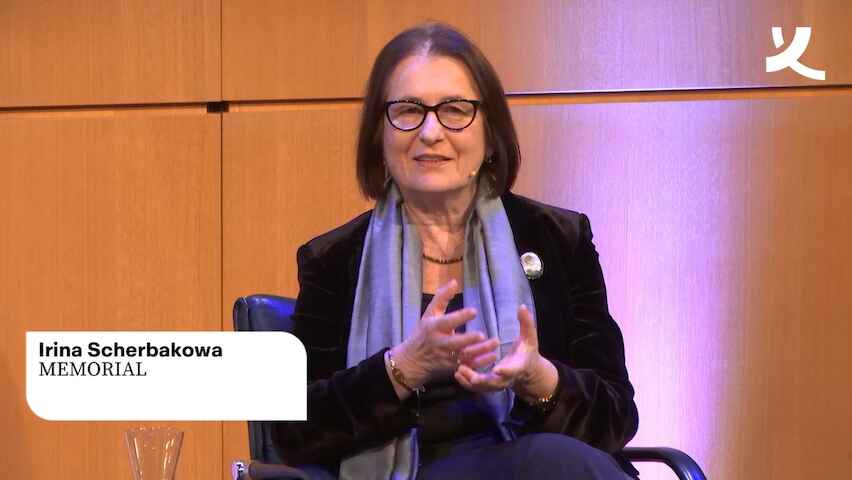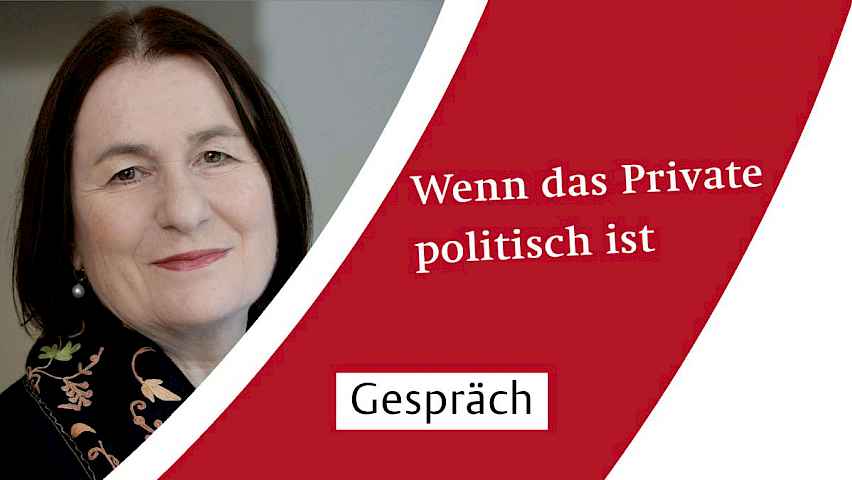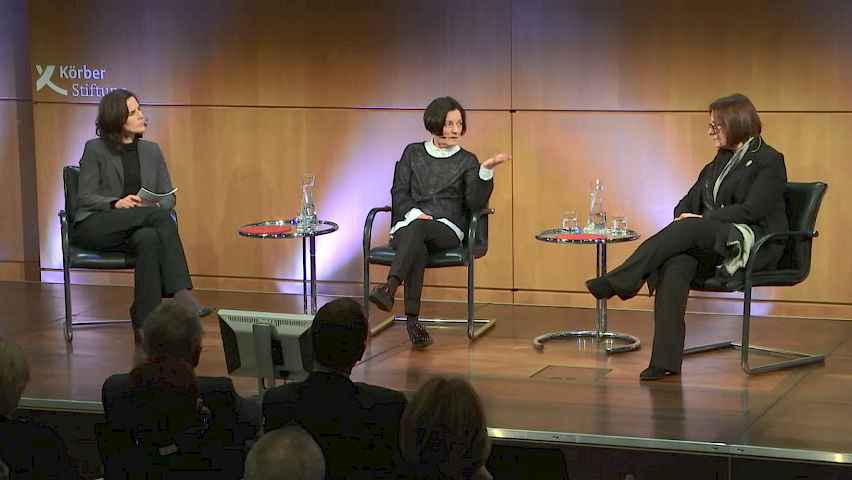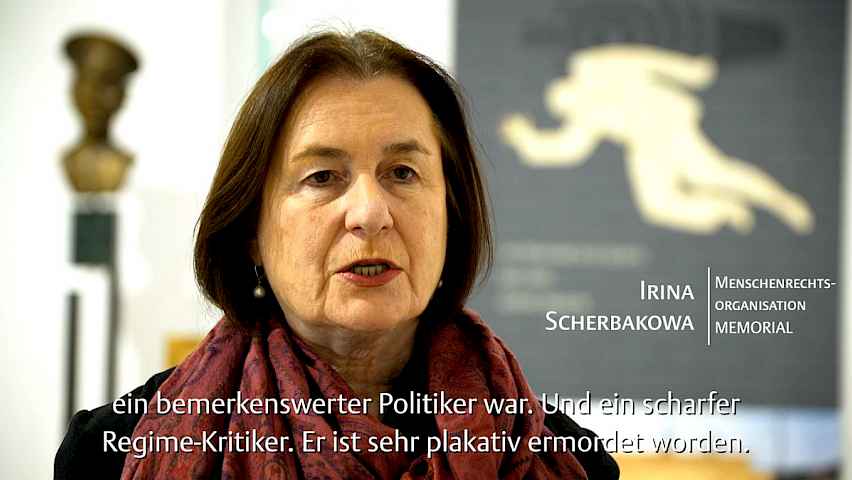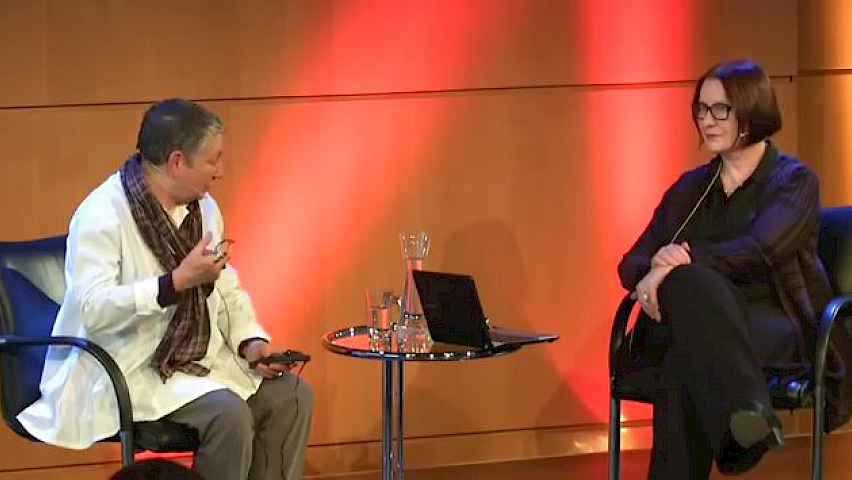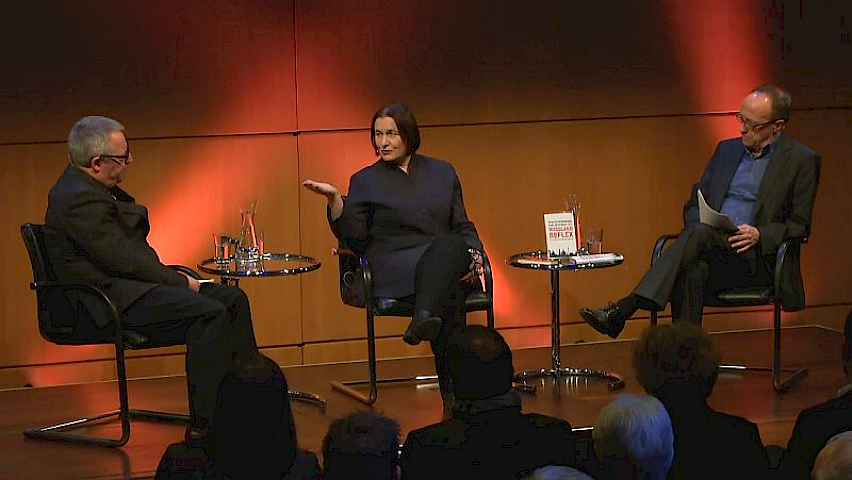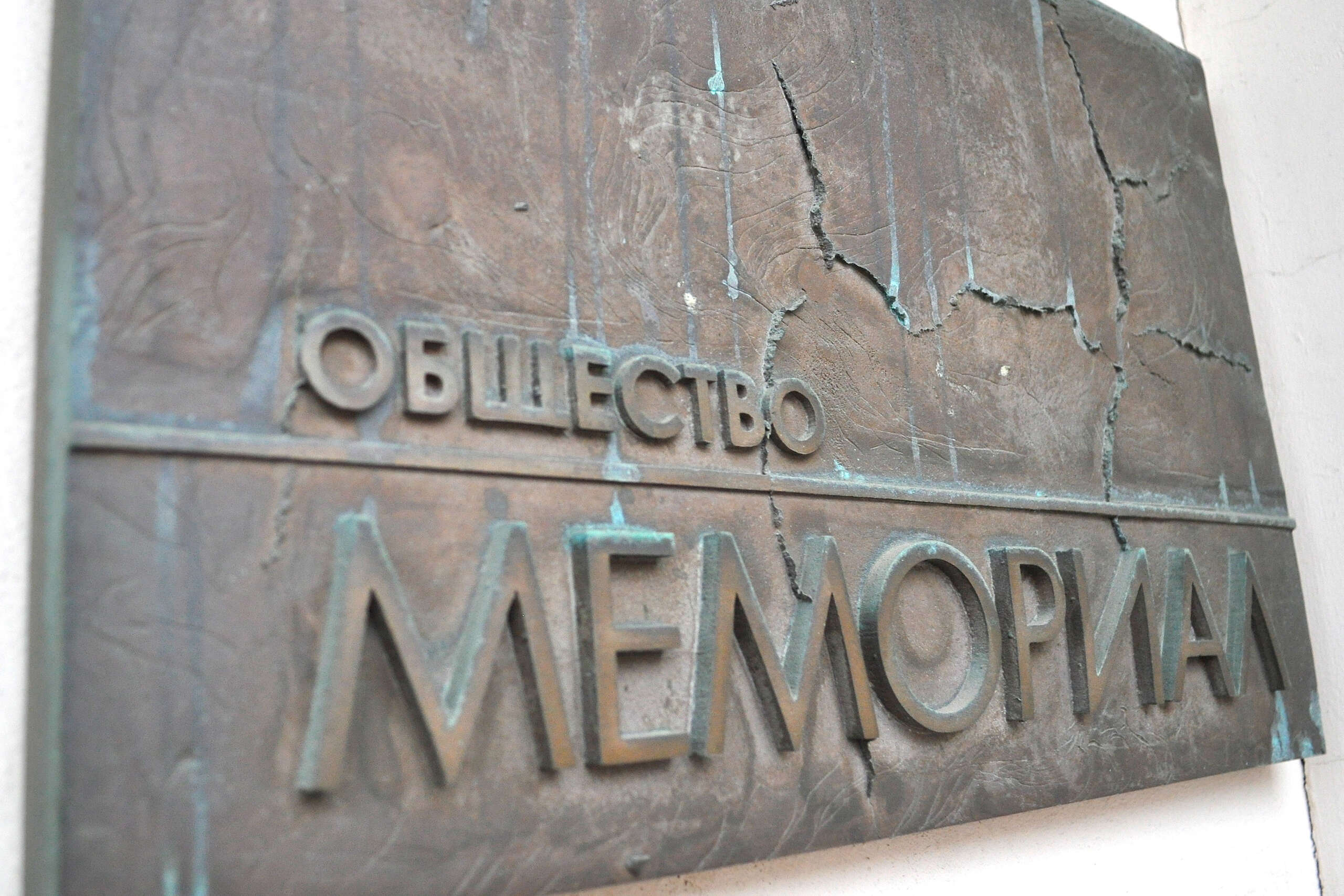
Photo: Memorial
Nobel Peace Prize for MEMORIAL and representatives of Belarusian and Ukrainian civil society
Our partner organization MEMORIAL receives the Nobel Peace Prize 2022. Russia’s oldest NGO is a founding member of EUSTORY and is honored for its commitment to human rights.
MEMORIAL International was awarded the Nobel Peace Prize of 2022. The Russian non-governmental organization, along with the Belarusian human rights advocate Ales Bialiatski and the Ukrainian human rights organization Center for Civil Liberties, were honored for their active representation of civil society as well as their contributions for democracy, human rights, education, and commemoration in their respective countries. The prize recognizes MEMORIAL’s undertakings of historical documentation as vital for apprehending the present and the future as well as the struggles of fighting for peace, human rights, and an equitable justice system.
At Körber Stiftung, we have been associated with MEMORIAL International for three decades. As the oldest Russian non-governmental organization, it is, among other things, a founding member of our EUSTORY Network and organised a major Russian history competition for school students for more than 20 years.After MEMORIAL International was already classified as a “foreign agent” in Russia in 2016, the organization was liquidated in February 2022 by the country’s Supreme Court. Nevertheless, the various national and regional MEMORIAL organizations in and outside Russia are motivated to continue working for a diversified culture of commemoration.
MEMORIAL International, with its commitment to historical revision and the preservation of human rights, is representative of those people in Russia for whom freedom of expression, peace, justice and social participation are crucial.
Furthermore, this commitment is honored with the support fund of the Special Award of the Association of German Foundations, which will be used to continue the work of MEMORIAL International after the liquidation. In addition to the Körber Stiftung, other initial financial contributors to the fund for MEMORIAL are the Robert Bosch Foundation and the Software AG Foundation.
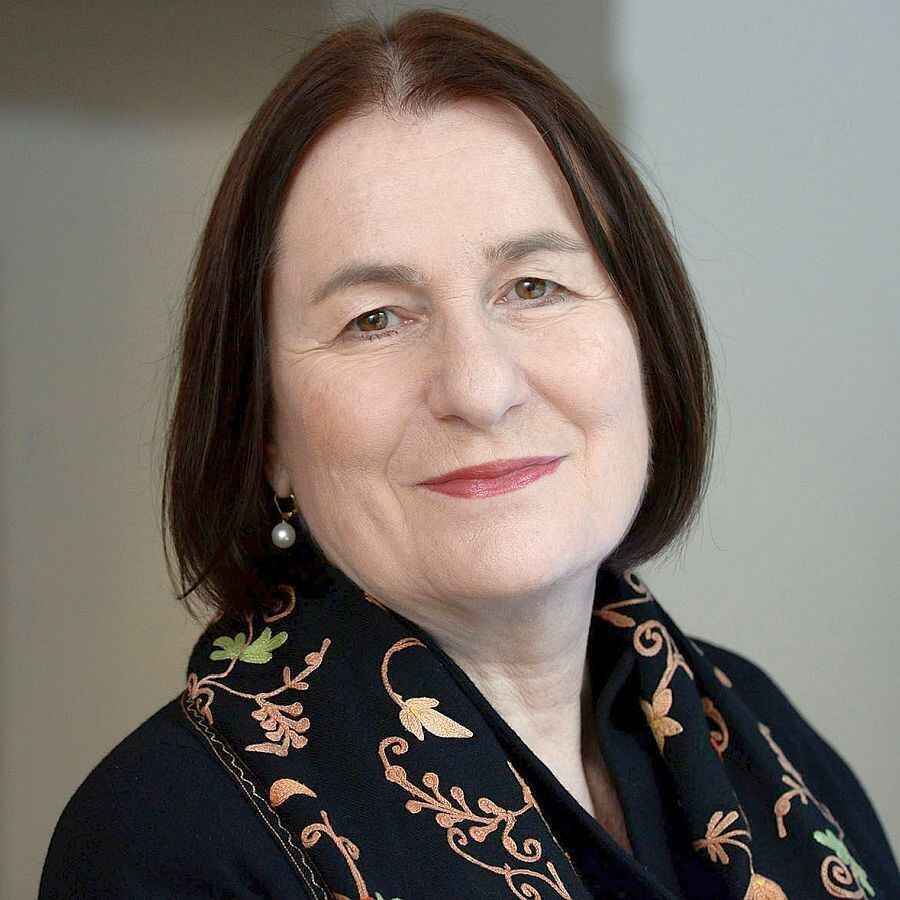
“The struggle for commemoration is the reason for what is happening with MEMORIAL today. The solidarity and support we received during the difficult time convinced us of the importance of our work and the need to continue it outside Russia.”
Irina Scherbakowa, Co-founder of MEMORIAL International
Activists in Russia between Concealed Resistance and the Nobel Peace Prize (German)
The desire to enlighten and learn from history is a common thread running through the life and commitment of Irina Scherbakowa and her colleagues. Irina Scherbakova has been the face of the “other Russia” in Germany, not only since the Nobel Peace Prize was awarded to the Russian human rights organization MEMORIAL International, which has since been liquidated in its own country. How does she look back on the founding years, and what are the challenges after the ban of the organization in Russia and the start of the Russian war against Ukraine?
Russia: Reconnaissance at All Costs (German)
Civil rights activist Irina Scherbakova in conversation with historian Volkhard Knigge about dealing with a totalitarian past and the importance of civil society for a “different” Russia.
Memorial: Strong in Many European Countries
Especially in times of a war of aggression against international law by Russia on Ukraine, there is a need for organizations like MEMORIAL, which promote a critical examination of history.
MEMORIAL consists of regional and national organizations in various countries. Next to Russia, these include Ukraine, Germany, Italy, France, and the Czech Republic.
One of the best-known faces of MEMORIAL International especially in Germany is the German linguist and historian Irina Scherbakowa. She is a co-founder of MEMORIAL International and a long-time coordinator of the Russian history competition for young people, which has been organized annually since 1999. Since July 2022, Irina Scherbakowa is working as a fellow at the Imre Kertész Kolleg in Jena, Germany.
Irina Scherbakowa and MEMORIAL International have a long-standing partnership with Körber Stiftung. The hindrances and ultimately the liquidation of the organization in late 2021 were heavily criticized by us, most recently in March 2022.
“We strongly condemn the Russian government’s actions against our MEMORIAL colleagues. MEMORIAL has made an important contribution to international understanding. We will continue to support this cause and those associated with it.”
Dr. Thomas Paulsen, member of the executive board of Körber Stiftung
2016: Assault Against Employees of MEMORIAL and Körber Stiftung in Moscow
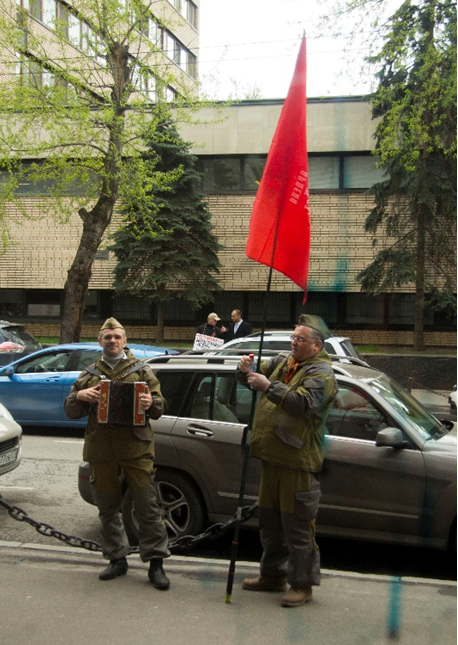
Even before MEMORIAL International was banned in Russia, the organization was increasingly impeded in its zealous efforts to promote an open society in the country. We, as employees of the Körber Stiftung, also experienced this firsthand in April 2016, when we and other international guests were attacked at an award ceremony for the Russian history competition in Moscow. Accompanied by nationalist and antisemitic insults , guests were pelted with eggs and sprayed with corrosive liquid. It turned out that the attackers in this case were members of the “National Liberation Movement” as well as the “Eurasian Youth Organization,” which defamed the Russian history competition of “falsifying” history with money from abroad. Employees of Körber Stiftung were decried as “fascists.”
This attack was only one episode in a long chain of defamation campaigns and threats to which MEMORIAL International employees in Russia were and are still regularly subjected for many years. The current historiography of Russia idealizes the era and person of Stalin and fights the discussion and further reappraisal of the Stalinist crimes in Russia, which, however, are reflected in the family stories of millions of Russians.
1999-2021: History Competition in Russia, A Success Model
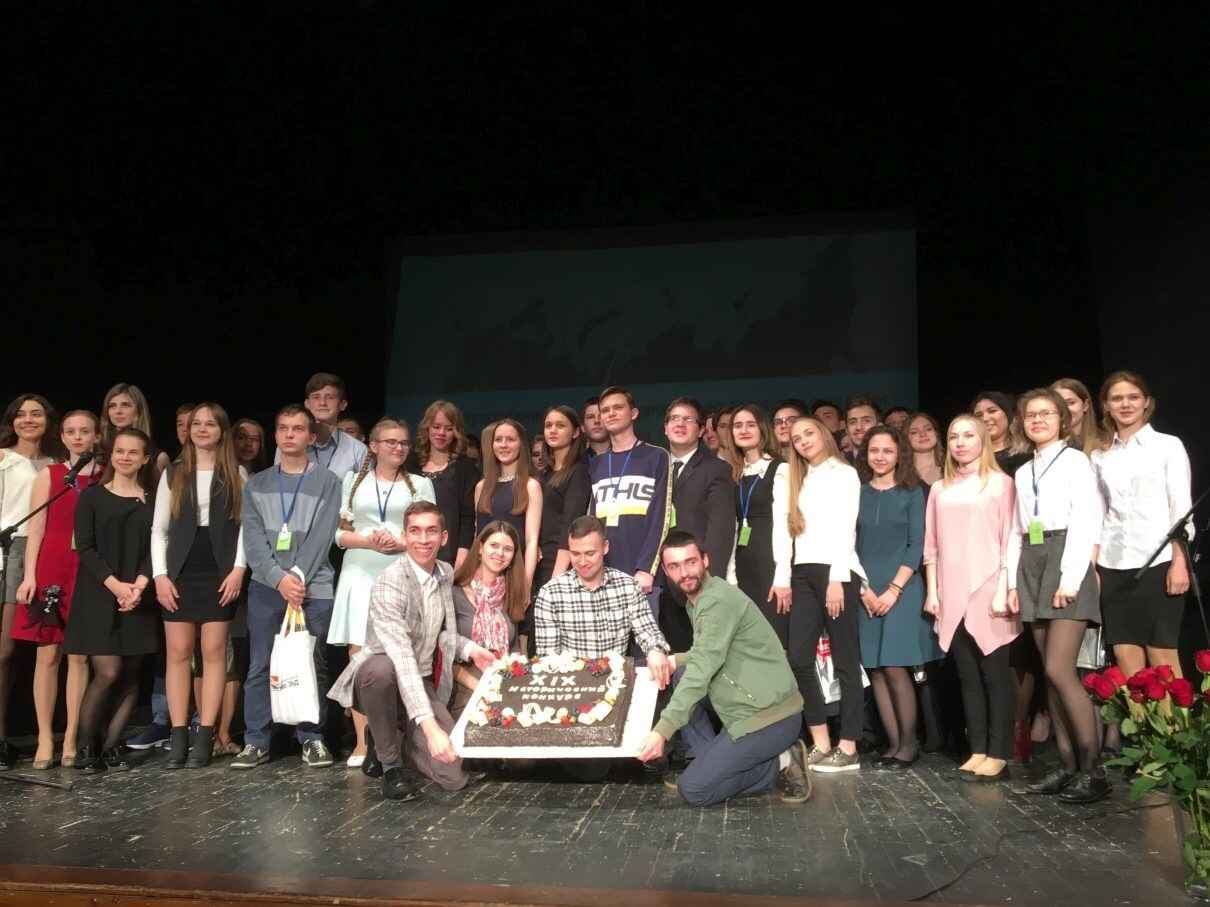
Since 1999, MEMORIAL International has encouraged tens of thousands of Russian students to research their local and family history. Thanks to that, the organization has compiled some 50,000 research contributions in its archives during the past 20 years. These paint a differentiated picture of the lives of people in the Soviet Union, which is an important supplement to the country’s official politics of memory.
MEMORIAL International was one of the founding members of EUSTORY, our European network of history competitions in Europe and neighboring countries, in 2001. Currently, the Russian competition is on hiatus, but the organizers intend to continue soon with a new layout.
Here are more details on the competition and on MEMORIAL International:
To the chronicle of the Russian history competition
